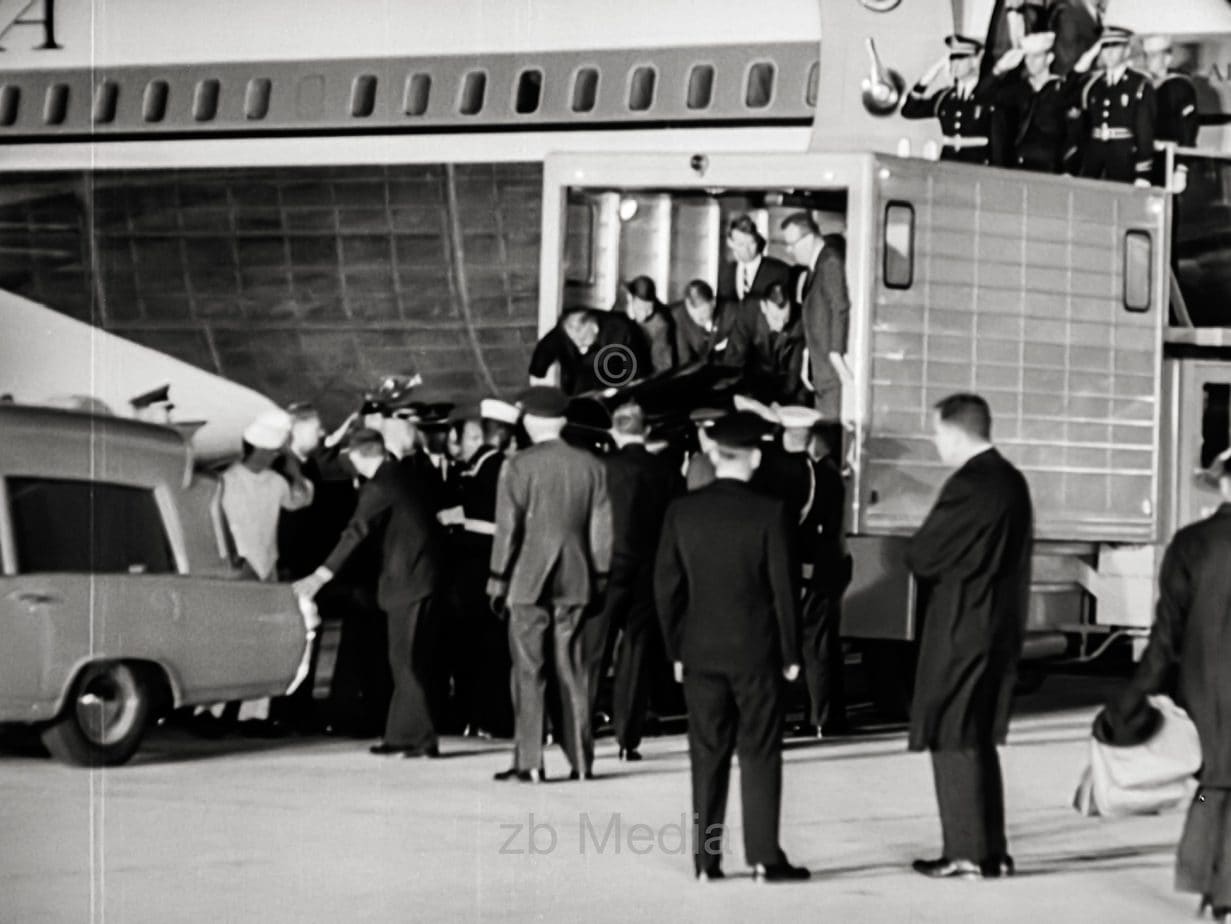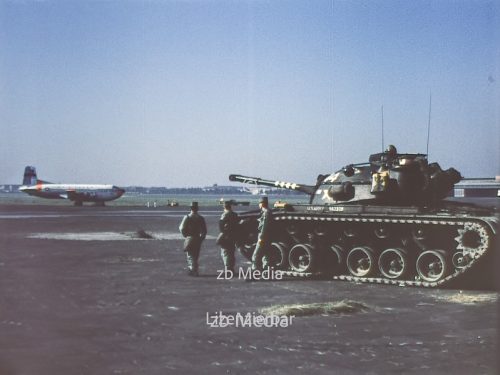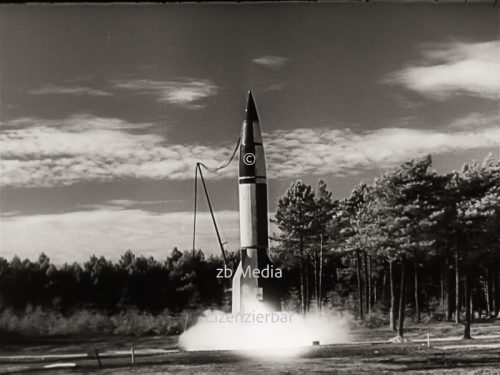Assassination of John F. Kennedy, 1963, photo; licensed article; original: 5740×4315; photographer: unknown; subject to license; rights: a9 Bleek/zb Media.
Assassination of John F. Kennedy 1963 61
Description
Assassination of John F. Kennedy, 1963, photo; licensed article; original: 5740×4315; photographer: unknown; subject to license; rights: a9 Bleek/zb Media. The assassination of President John F. Kennedy on November 22, 1963, in Dallas, Texas, was a world-changing event with profound political, social, and historical implications.
1. Political Significance (USA and International)
The USA lost a charismatic, young president who stood for progress, civil rights, and a new foreign policy.
His successor, Lyndon B. Johnson, assumed the presidency and continued many of Kennedy’s political goals, particularly the civil rights movement and social reforms (Great Society).
Internationally, the murder triggered shock and uncertainty, particularly during the Cold War, as Kennedy was seen as a strong opponent of the Soviet Union.
2. Impact on the Cold War
Kennedy had advocated for a controlled rapprochement between the USA and the Soviet Union (e.g., the Nuclear Test Ban Treaty of 1963). His death led to uncertainties about the future US foreign policy.
In West Berlin, his assassination caused deep dismay, as many saw him as a symbol of the Western protector against the Soviet Union.
3. Social and Media Consequences
The assassination became one of the first great global television events thanks to the famous Zapruder film and live media coverage.
It fostered numerous conspiracy theories, as the official investigations (Warren Commission) were controversial, and doubts remain to this day about Lee Harvey Oswald acting alone.
4. Symbolic Meaning
Kennedy became an icon of hope and political change, with his myth living on in memory as a visionary leader who never realized his full potential (“What if…?”).
His death marked the end of the optimistic era of the early 1960s and ushered in a politically turbulent time in the USA, characterized by the Vietnam War, protest movements, and social change.
Conclusion
The assassination of Kennedy was a historical shock that influenced the political landscape of the USA and the Cold War. His legacy lives on in his visions for peace, social justice, and international cooperation.
Additional information
| License fee | € 55 to € 670 |
|---|---|
| Brand | History library |





